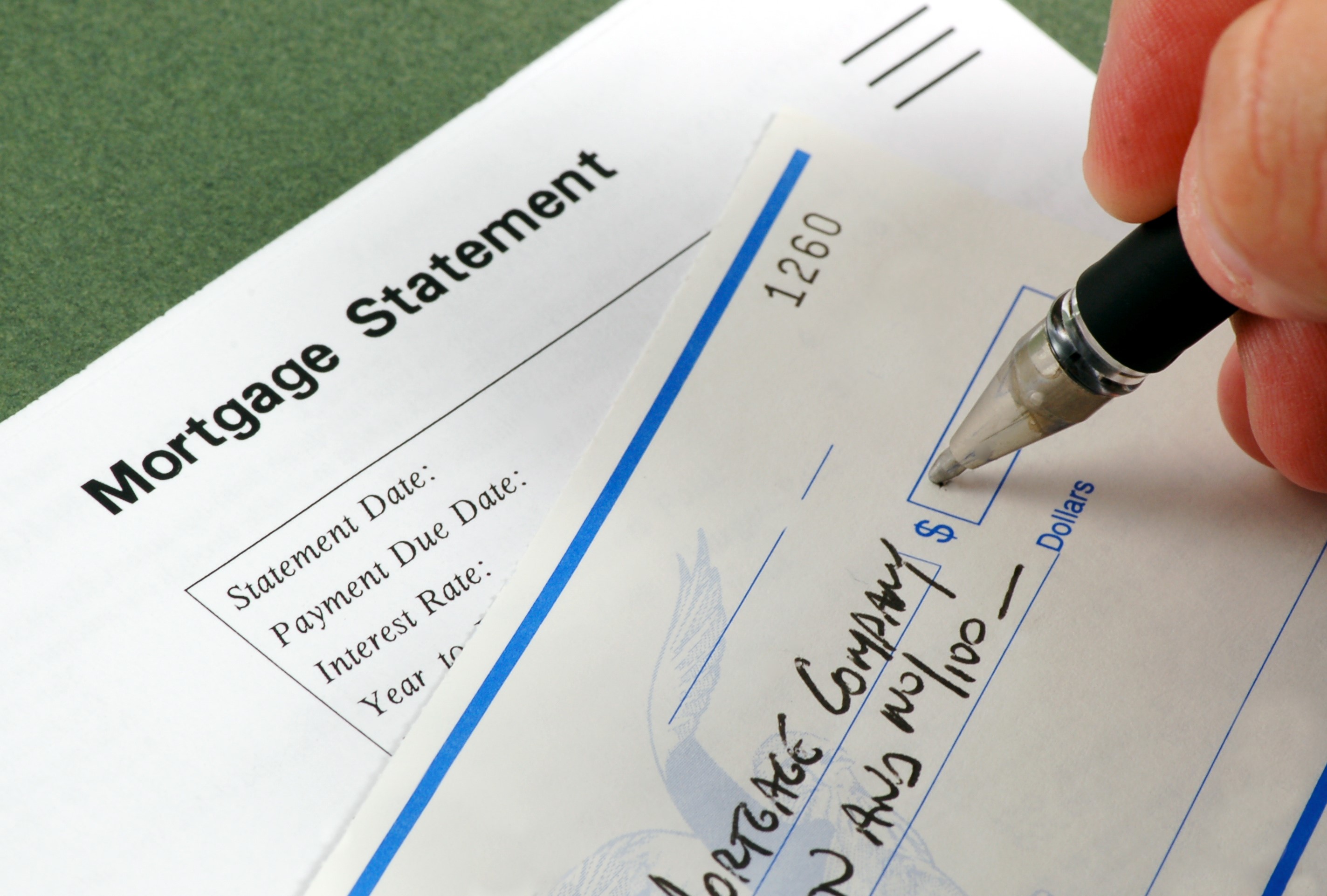Manufactured vs. Modular Homes
When it comes to residential construction, there is a wide range of housing options to suit different needs and preferences. Among these...

It is a comprehensive look at your past performance and includes your repayment history on both open and closed accounts. Creditors, collection agencies, and government agencies provide information to be scored and reported via a credit report.
It shows how much you owe creditors, how long each account has been open, and how consistently you pay your bills on time. A credit report will also return collections records and bankruptcy filings.
Under the Fair Credit Reporting Act, consumers are entitled to one free credit report annually from each of the three major credit reporting agencies (CRAs). Viewing your credit reports will allow you to review what lenders will see when you apply for a loan. The major difference between what they will see and what you can see is that AnnualCreditReport.com will not provide you with a credit score. Instead, it will provide you with a list of accounts and the payment status on each. Still, being able to identify any blemishes on your report allows you to address, and hopefully fix them, which will directly impact your credit score.
Scores range from 300 to 850, ranking from poor to excellent, respectively. The rating criteria for credit scores is roughly the same across all credit reporting agencies (CRAs), though they differ on exactly how to weight any one criterion. CapCenter does not prefer one CRA over the other and instead pulls three scores—one from each major CRA—and bases its loan decisions on the median.
CRAs handle the calculation and disclosure of credit scores.
Today there are three major credit reporting agencies (CRAs): TransUnion, Experian, and Equifax. Each CRA uses its own unique model but, generally, there are five criteria that make up your credit score: your payment history, used vs. available credit, length of credit history, types of credit used, and new credit.
It is ideal to make all payments on time. If you are a few days past due, it is not guaranteed that the lender will report the late payment. If you are over 30 days late on a payment, however, you can assume the lender reported a delinquent payment. In cases of extreme or continuous delinquency, some lenders will send or sell account balances to collection agencies.
Note: The Fair Credit Reporting Act set a 7-year limit for most negative marks, so any late payment or collection should fall off after that time. If there is something showing on your report that is older than 7 years, you have the option to dispute it with the credit agency.

When it comes to residential construction, there is a wide range of housing options to suit different needs and preferences. Among these...

As a first-time home buyer, there can be so many new concepts, options, and terms flying around, it can sometimes feel a bit overwhelming. And...

As a first-time home buyer, there can be so many new concepts, options, and terms flying around, it can sometimes feel a bit overwhelming. And...

3 min read
Most people are at least casually familiar with a credit inquiry (also known as a credit pull or credit check). It is a standard requirement...
.jpg)
3 min read
Whether you are looking to purchase your first home, hit the streets in a new car, or apply for a new credit card, the status of your credit...

5 min read
Homeownership is a great way to build wealth and work toward financial security. The housing market itself is a large driver of the overall...